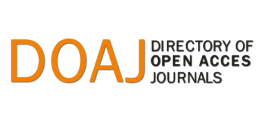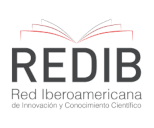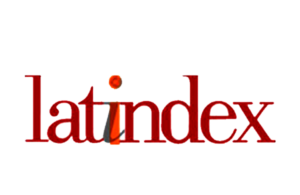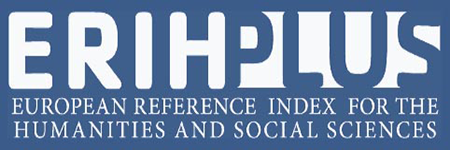No. 78 (2020): SUSTAINABLE DEVELOPMENT GOALS: Building new paths for public administrations

When the Editorial Committee determined the content of volume 78 of the Central American Journal of Public Administration, no one imagined at that time the global pandemic that was going to be generated from the city of Wuhan in China.
Today we know that COVID-19 has reached the whole of humanity and if many described this emergency as a health crisis, today there is no doubt that it is a social crisis in the fullness of the term. It encompasses the economy, the environment and the power structures in each country. This, and no other, is the social and political environment we are living in Latin America and the Caribbean and which we cannot ignore.
It is therefore valid to ask ourselves for the post-COVID-19 period: What kind of society will emerge? How will it transform governments and public administrations? Will there be convergence in the development policies of the countries or will divergences be accentuated? These are profound questions with which scholars of society and government management have to grapple.
Because if the 2030 Agenda, which contains the Sustainable Development Goals (SDGs), is a roadmap for the global fight against poverty, climate change and inequality, today we have to admit that this Agenda must be reviewed in the light of new circumstances. The world is changing rapidly and we are not yet able to foresee what the future holds.
In this regard, I would like to offer three reflections that could shed some light on the ongoing debate; the first is that the seventeen SDGs must necessarily be reformulated or, in any case, their implementation must be prioritized. In this line, and in line with the proposal of specialist authors in development and what has been expressed by international agencies themselves, the collaborative action of the State and society should focus on the basics: water, health and food.
As the post-COVID-19 crisis is shaking the foundations of coexistence and social harmony, we have to attend to what comes first. Which is justified if we consider that with these three areas of action we cover shortages that do not wait and that are vectors of infectious and infectious diseases, in addition to other deadly diseases.
It is clear that the least protected, without defenses, poorly fed, without water and sanitation, or those who lack universal health coverage, both physical and mental, or environmental protection cannot wait until 2030, so the actions will have to be, in addition to being urgent, extremely precise.
As proof of this, let us look at the inevitable impoverishment of the middle classes and the descent of the poor into extreme poverty. The unemployment rate has already begun to rise, as a consequence of the decline in productive activities, which will lead to an increase in Latin America, for example, from 185 million to 220 million poor people by the end of this year.
Hunger is likely to increase again in Asia, Africa and Latin America. In addition to the endemic problems of war, civil strife, climate change and water shortages, we must add the pandemic that is causing the disruption of food systems and the reduction of international aid programs, in many cases. In addition to the disruption of production, transport and distribution chains as a result of the need to minimize contagion and, therefore, the application of movement restrictions and mandatory isolation.
The second reflection has to do with assessing social learning in the fight against poverty. After decades of public policies with full or scarce participation of the States, we should have learned some lessons. And, to be frank and direct, the vast majority of these policies and the substantial resources that have been used have simply not yielded the expected results. Obviously, the time has come for profound revisions to the assumptions and instruments of traditional policies.
The issue of social learning for development is linked to that of knowledge management, which has been the cornerstone of ICAP's work in recent years and which can be detected in the thinking and actions of its director and collaborators. Thus, the crisis can, and should, give rise to the strengthening of research and training of those responsible for overcoming the shortcomings of the countries of our region.
The valorization of the knowledge accumulated in the formulation and execution of public policies and the construction of scenarios in the new "DC" world (after COVID-19) is evident in the publication of the institutional dossier with audio media, which our institution has made under the title "Public Policies in the post-COVID 19 world" and which can be consulted and downloaded at this link.
Finally, and as the well-remembered development economist Albert O. Hirschman (1915-2012) argued in his prolific production, the work of intellectuals committed to development must always be that of a "possibilist "i . That is to say, someone who, without absolute certainties, sets out to think about what does not yet exist because he has the right to freedom. The freedom to explore destinies that do not predicted by the iron laws of the social sciences or by the certainties of the gurus of "balanced development".
I underline Hirschman's thought precisely because the reader has before him in this publication, a collection of writings of "possibilist" explorers who share with us their thoughts and experiences in the work of sustainable development. These lines spring from the minds and spirits of researchers and social entrepreneurs who generously contribute their ideas and experiences.









